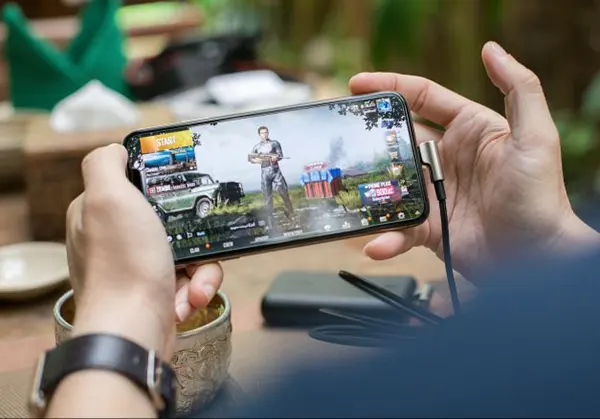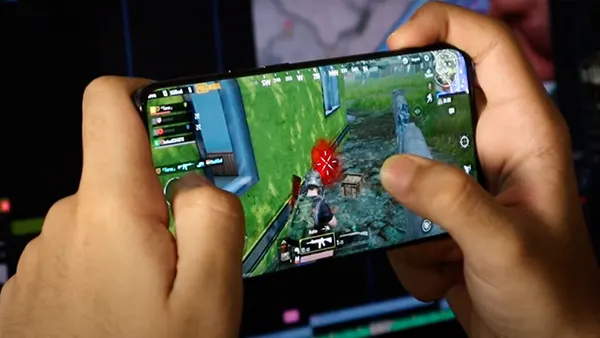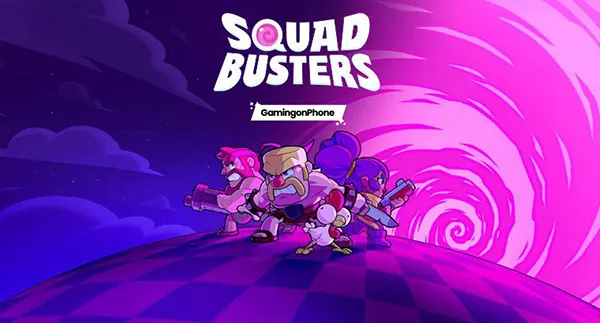In 2025, mobile gaming remains one of the fastest-growing digital industries, yet behind its vibrant visuals and rewarding mechanics lies a growing ethical concern. “Dark patterns” — design tricks that subtly manipulate player behaviour — are becoming a central topic of debate among developers, researchers and regulators. Understanding these tactics is essential for anyone seeking to play responsibly or design ethically.
What Are Dark Patterns in Mobile Games?
Dark patterns are intentional design choices aimed at guiding users toward actions that benefit the developer, often at the expense of the player. In mobile games, these can appear as deceptive interfaces, time-limited offers, or manipulative reward systems. They exploit cognitive biases, turning curiosity into compulsion and free gameplay into monetised engagement.
To explore how these mechanics are applied in contemporary titles, researchers often analyse collections of mobile game reviews on https://casa-apanja.com/, where detailed breakdowns of user experience reveal how design techniques evolve over time. Such analytical sources provide valuable insight into the subtle ways monetisation and player retention strategies intersect.
Such patterns raise ethical questions. While developers argue that these mechanics maintain user retention, critics see them as manipulative, reducing the freedom of player choice. In 2025, several countries, including the UK and the EU, have started examining these mechanisms under consumer protection laws.
Examples from Popular Games
Games “Clash Royale”, “Candy Crush Saga” and “Raid: Shadow Legends” frequently illustrate different forms of dark patterns. The endless “reward ladder” in Candy Crush pushes players to purchase boosters after repeated failures, exploiting frustration. In free-to-play RPGs, loot boxes mimic gambling by offering randomised rewards, triggering dopamine responses similar to slot machines.
Some developers are beginning to address these practices. Updates to titles “Genshin Impact” and “PUBG Mobile” in 2025 now include clearer spending histories, optional parental controls and spending alerts. While these changes mark progress, they are often reactive, following public criticism rather than proactive ethics.
According to the 2024 academic study “Level Up or Game Over: Exploring How Dark Patterns Shape Mobile Games”, over 80% of top-grossing games employ at least one manipulative design element. This highlights the systemic nature of the issue rather than isolated misconduct.

How to Recognise Manipulative Design
Players can learn to detect dark patterns by observing how a game encourages spending or continued play. If progress feels intentionally slowed without payment, or if emotional triggers such as guilt (“your team needs you”) are used, manipulation is likely present. Transparency is a key indicator: ethical games allow users to track costs and control their engagement.
Be cautious of games that overuse bright animations, intrusive pop-ups, or non-optional notifications — all signs of attention engineering. Psychological design is not inherently harmful, but when used to override self-control, it crosses into unethical territory.
Parents and younger audiences should especially beware of “pressure cards”, where rewards depend on inviting friends or spending quickly. These social manipulations normalise impulsive decision-making from an early age, raising long-term ethical concerns.
Toward Ethical Game Design
In 2025, ethical design in gaming is becoming a competitive advantage. Developers embracing transparency and user consent are gaining trust among players. Studios such as Supercell and Niantic have publicly committed to limiting manipulative monetisation and introducing clearer user experience policies.
Industry organisations, including the International Game Developers Association (IGDA), now offer guidelines encouraging responsible engagement design. These recommendations prioritise informed choice, accessibility and mental well-being over profit-driven retention loops.
Ultimately, creating ethical games means recognising players not as consumers to be exploited, but as participants whose trust determines a game’s longevity. As the global gaming audience matures, ethical awareness is no longer optional — it is an expectation shaping the future of mobile entertainment.




